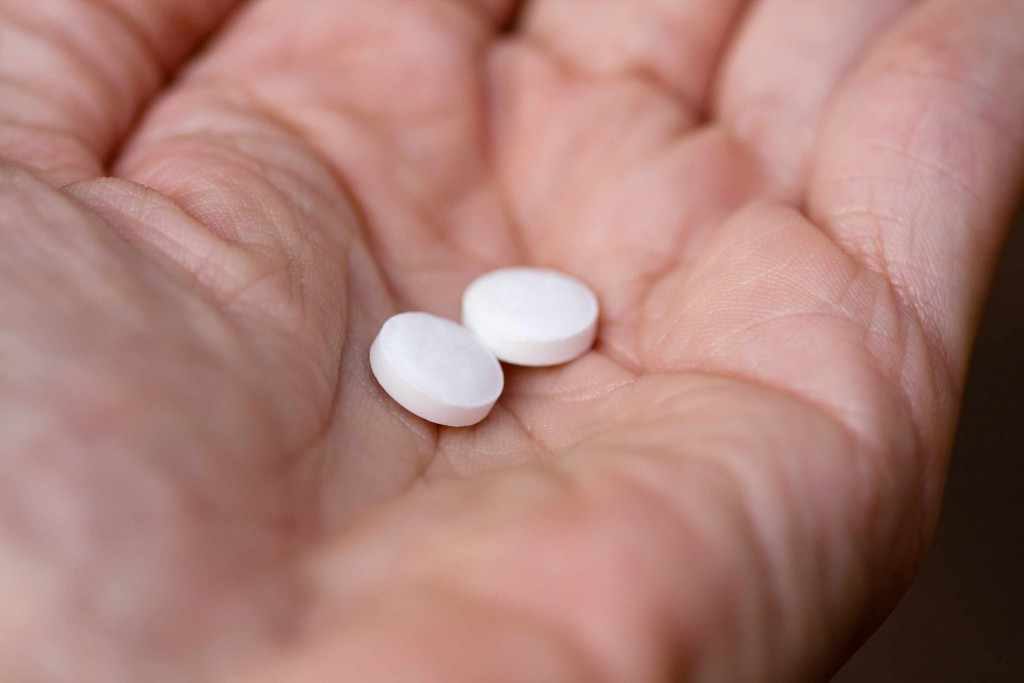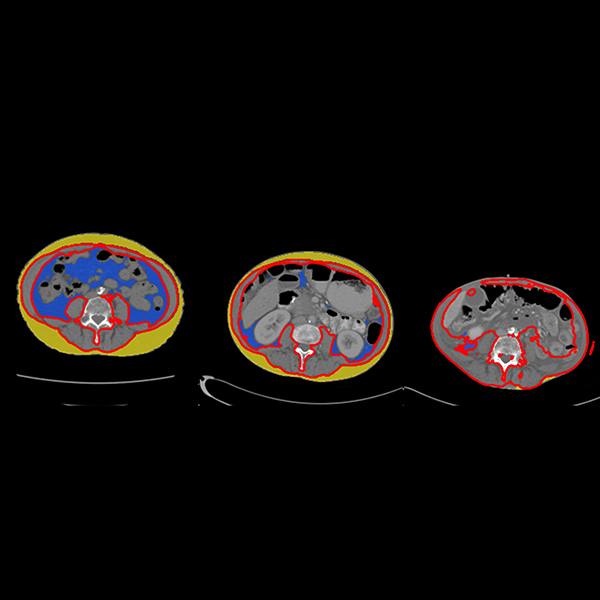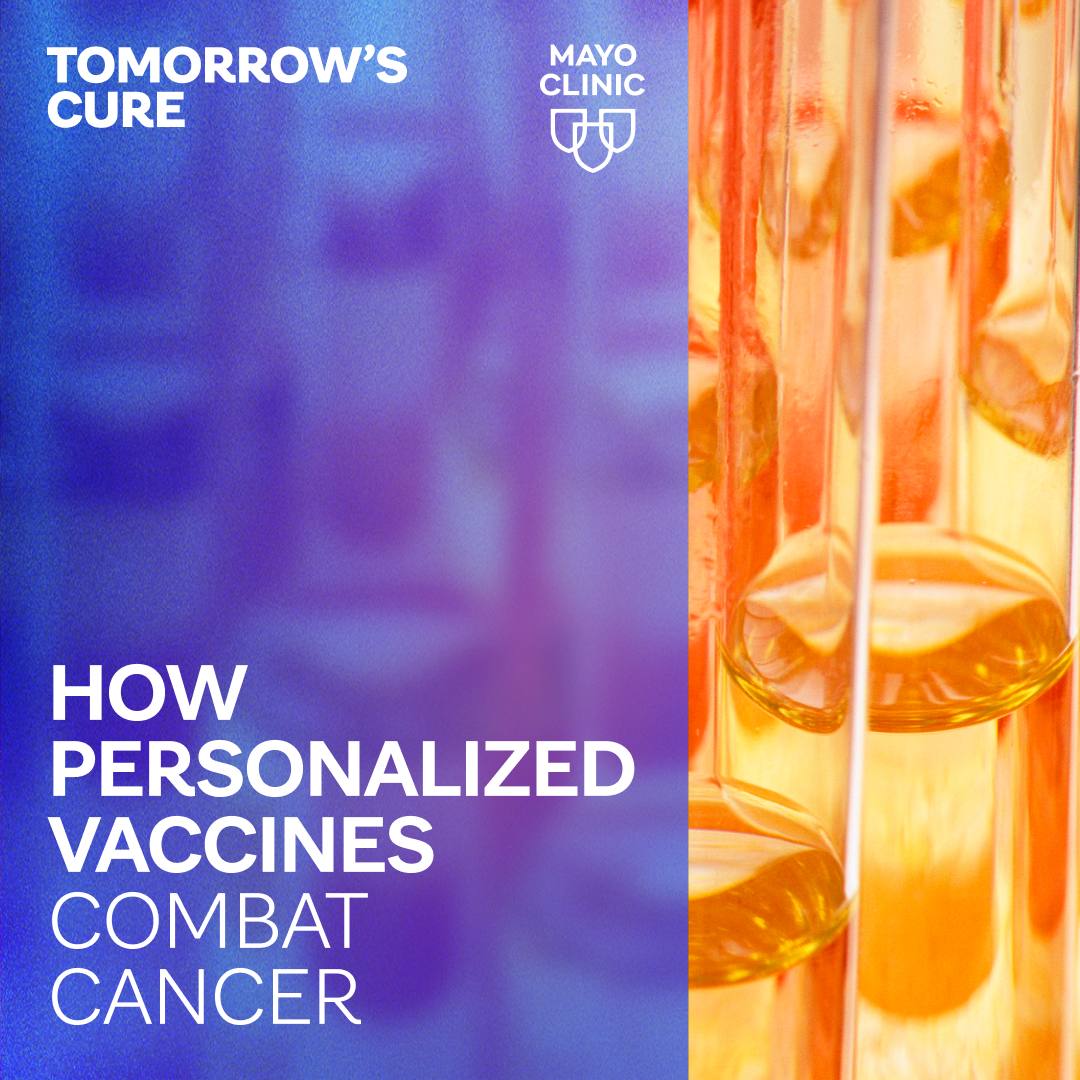 Since it became a medicine cabinet staple in the late 1800s, aspirin may be the closest thing there is to a wonder drug. Long used for its ability to treat aches and pains, and lower the risk of heart attack, new data suggest aspirin also may be key to preventing or stopping the spread of certain kinds of cancer.
Since it became a medicine cabinet staple in the late 1800s, aspirin may be the closest thing there is to a wonder drug. Long used for its ability to treat aches and pains, and lower the risk of heart attack, new data suggest aspirin also may be key to preventing or stopping the spread of certain kinds of cancer.
While taking a daily regimen of aspirin comes with some risks, Dr. Frank Sinicrope, a Mayo Clinic gastroenterologist and oncologist, explains how it may help protect you against colorectal, breast, prostate and lung cancers, and why inflammation may be the key. Ian Roth reports.
Journalists: Broadcast-quality video pkg (0:59) is in the downloads. Read the script.







